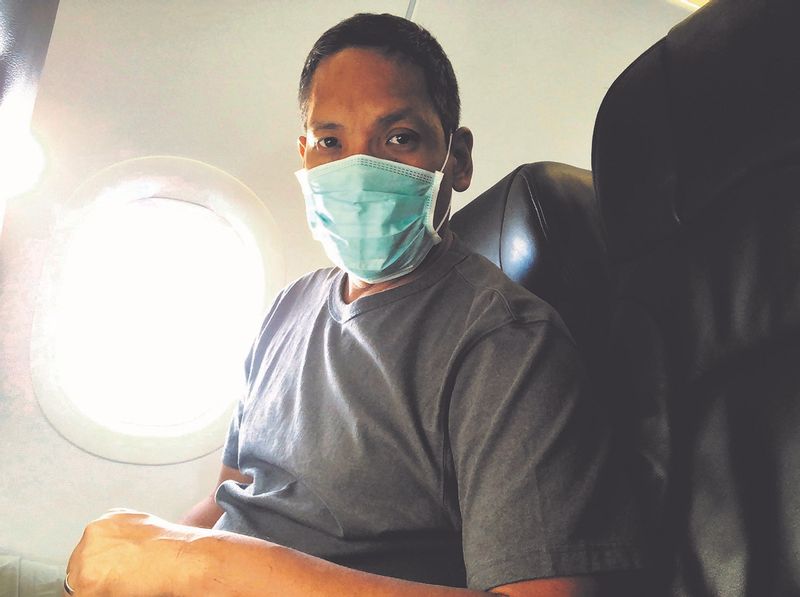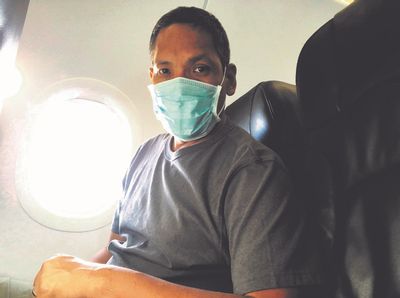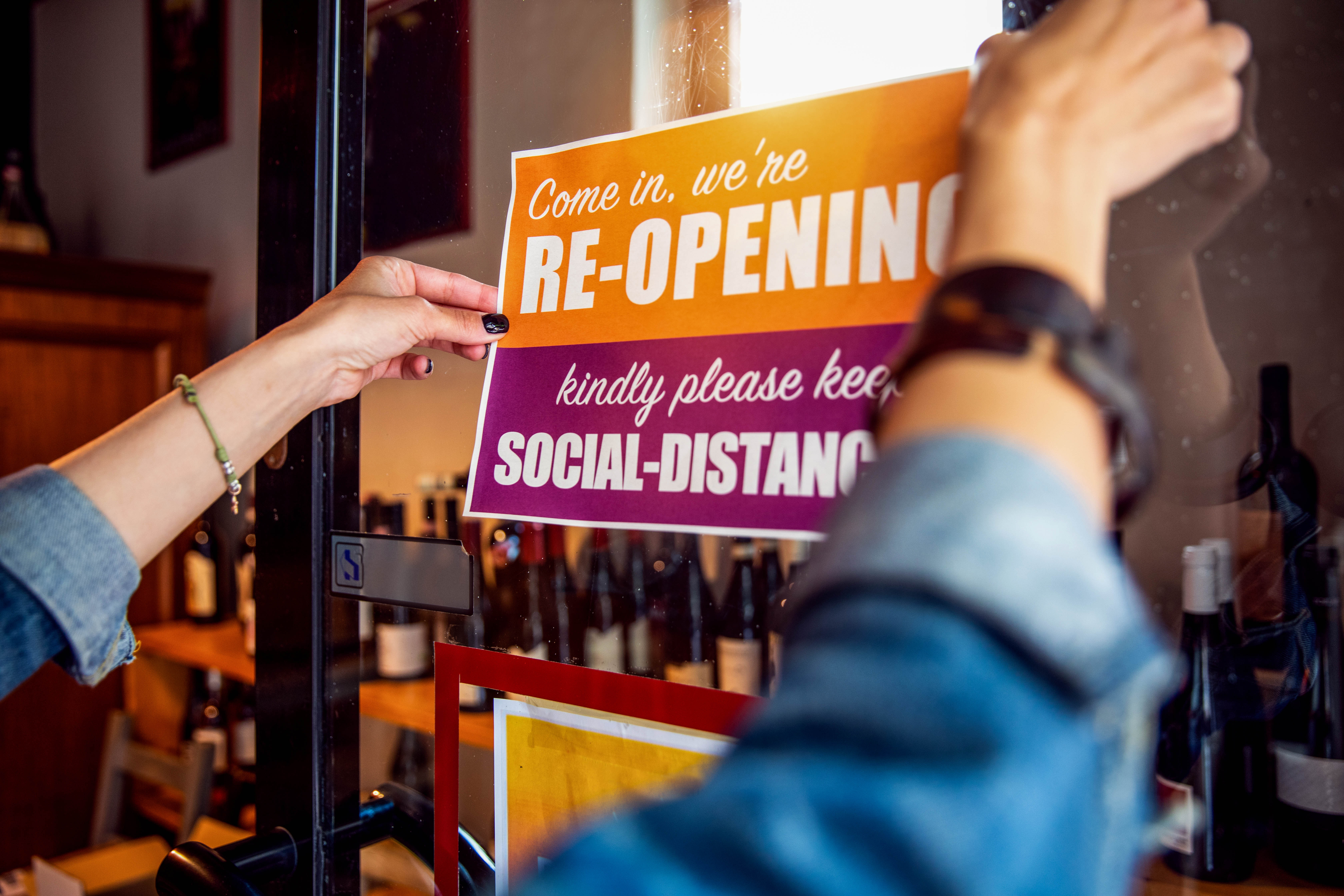How to handle traveling as economies reopen
While most people are no doubt happy to get out of the house, whether it's to return to work or visit a favorite restaurant in person, those same people are probably somewhat hesitant to stray too far from home.

Communities that have reopened or are on the cusp of reopening are feeling a complicated mix of emotions. While most people are no doubt happy to get out of the house, whether it's to return to work or visit a favorite restaurant in person, those same people are probably somewhat hesitant to stray too far from home. Such feelings have made some wonder if it's safe to travel. The Centers for Disease Control and Prevention state that travel increases a person's chances of getting and spreading COVID-19. But not all travel is the same, and the CDC notes there are different levels of risk associated with different types of travel.
The CDC recommends that such people adhere to local travel restrictions and take steps to anticipate travel needs before departing so they can minimize the chances that they are exposed to the virus.Bring enough medicine to last you for the entire trip. If need be, call your physician and request refills to serve as a safety net in case medication is lost during your travels.
Air travel
Time spent in security lines and airport terminals brings travelers in close contact with other people and frequently touched surfaces. While airplane cabins are filtered, which makes it difficult for viruses and other germs to spread through the air, social distancing is difficult on crowded flights. That difficulty can increase the chances of airline passengers spreading COVID-19 to each other.Bus/train travel
Social distancing on buses and trains also is difficult, increasing the likelihood that COVID-19 will spread among passengers.
Car travel
Short car trips can be safe, but long car trips involve pulling over for gas, food and restroom breaks. That puts drivers and their traveling companions at risk of exposure to COVID-19 from other travelers or contaminated surfaces.RV travel
Recreational vehicles, or RVs, are typically equipped with restrooms and kitchenettes, which can cut down on the need to make potentially risky pitstops. But RVs also tend to be parked in overnight RV parks so travelers can sleep. Such places may make travelers vulnerable to COVID-19. Much is still unknown about COVID-19. In fact, many people do not even know if they have had the virus or not. Scientists suspect that millions of people have been exposed to the virus but produced no symptoms. Because of that uncertainty, many people are willing to travel as economies reopen.The CDC recommends that such people adhere to local travel restrictions and take steps to anticipate travel needs before departing so they can minimize the chances that they are exposed to the virus.Bring enough medicine to last you for the entire trip. If need be, call your physician and request refills to serve as a safety net in case medication is lost during your travels.
Pack enough alcohol-based hand sanitizer (at least 60 percent alcohol) and keep it within reach at all times during your trip.
Bring cloth face coverings to wear in public places. The CDC advises such coverings be routinely washed, so bring enough clean coverings to last the trip if you will not have access to a washer and dryer.




